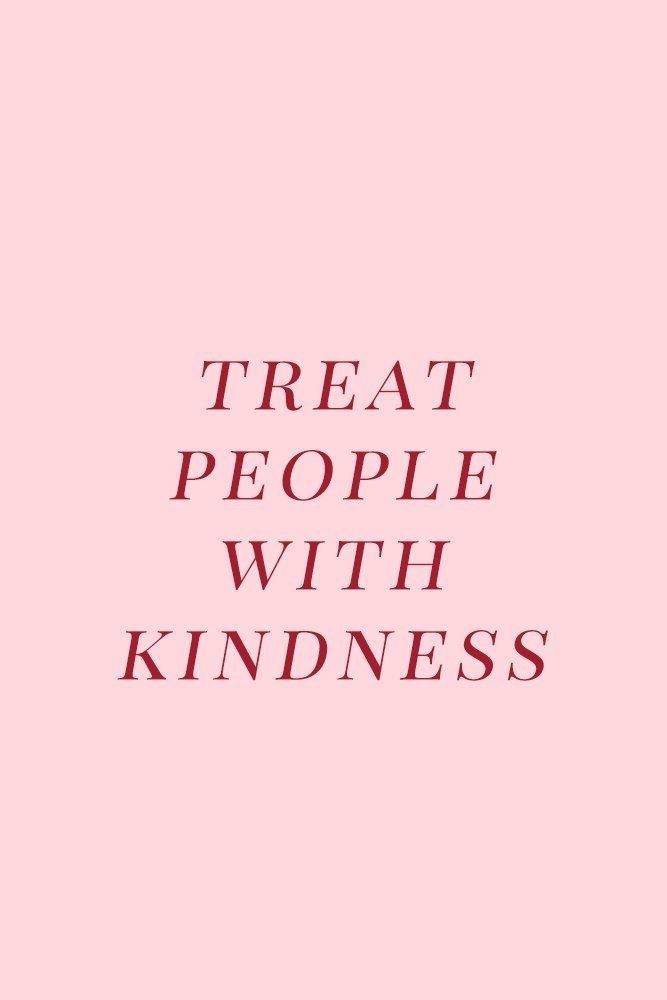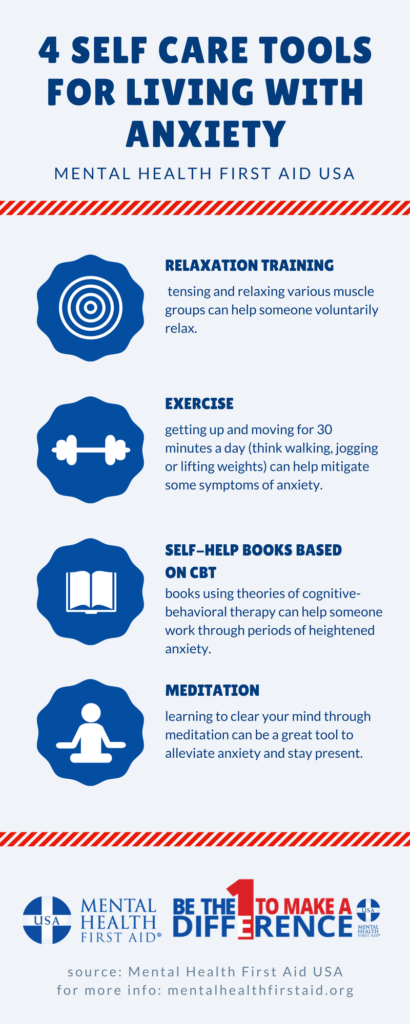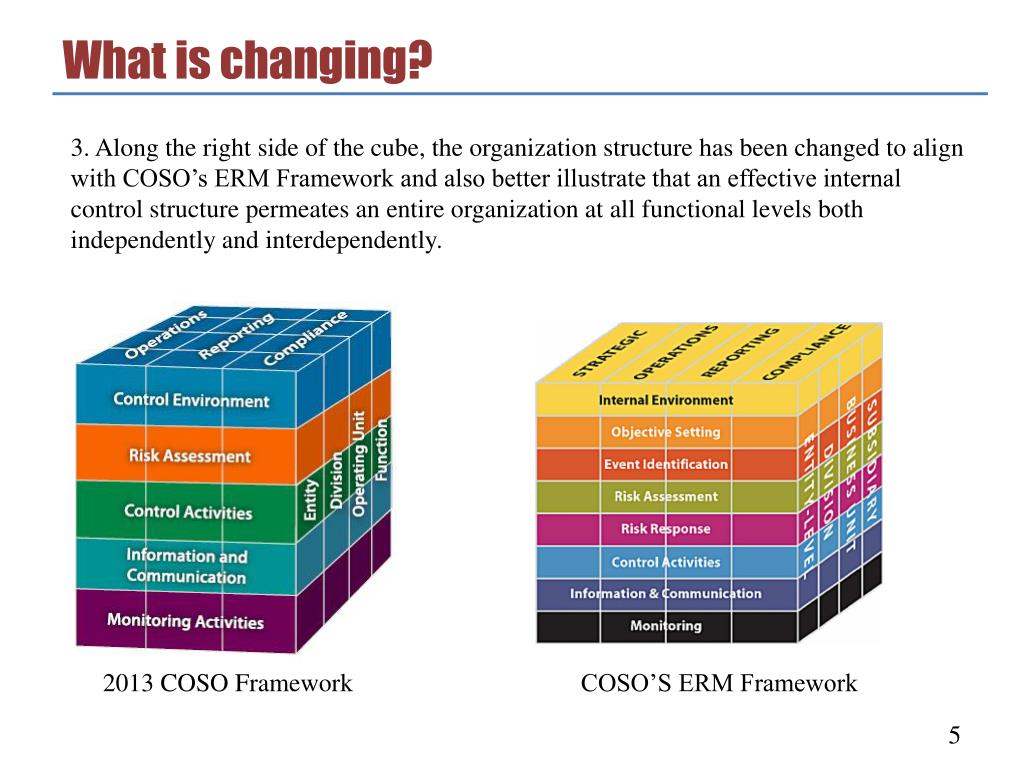Fear of confrontation in relationships
How Avoiding Confrontation in Relationships Leads to Having Anxiety
Many people take the “try not to stir the pot” approach to relationships. Are you overly concerned about hurting the other person’s feelings? Or worried that if you state what you want it will lead to a fight? Whether it’s a family member, friend, or significant other, if you avoid confrontation, everything will be fine, right? Wrong! The fear of confrontation can lead to being passive (or passive aggressive), which can build up resentment in you and the other person. When you keep everything bottled up it can lead to increased anxiety and potentially a blow up in the relationship. If you’re feeling resentful, that’s a red flag that something needs to change. It’s a sign that someone is hurting someone else, and you could be hurting yourself.
Therapy can help you find that middle ground between yelling and keeping it in. It teaches you the difference between being confrontational and assertive (being assertive is a good thing!). You’ll learn to communicate your needs effectively, so you can be heard and move your relationship forward together.
Problems within a relationship can often stem from ineffective communication and not setting boundaries for yourself and the other person. The way we communicate and interact with people can be on auto-pilot – we tend to get stuck in a pattern, and it can be difficult to change the way we normally do things. But unfortunately if your “normal” way of doing things is to be passive and not speak up for yourself, it can be difficult to break that pattern and effectively communicate your needs to the other person.
When you overly concern yourself with protecting the other person, you are trying to control their emotions and behaviors while neglecting your own needs. Let go of the idea of trying to control and protect others. Instead of focusing on an external locus of control, direct your focus inwards on your own needs. You can’t control others, just like they can’t control you. (And even if you have been letting others dictate what you do, it led to you having anxiety, right?) It’s not their business to control you. It’s not your burden to control them – that’s exhausting and a never-ending battle.
(And even if you have been letting others dictate what you do, it led to you having anxiety, right?) It’s not their business to control you. It’s not your burden to control them – that’s exhausting and a never-ending battle.
GIVE YOURSELF PERMISSION TO MEET YOUR OWN NEEDS
When you don’t identify and state your needs and set boundaries within the relationship, it can hurt you (by causing anxiety) and your relationship. You may be thinking, “I don’t know how to communicate my needs without confrontation,” or “every time I try to bring up what I want, it leads to a fight and doesn’t help,” so you have decided it’s better to not say anything at all. This all or nothing attitude can ultimately end a relationship and cause you to feel resentful and anxious. Even if keeping it in doesn’t lead to fights, are your needs being met?
Stating what you need isn’t selfish and doesn’t have to come from a place of animosity. Trust your needs and explicitly say “this is what I need from you” or “this is how you can support me.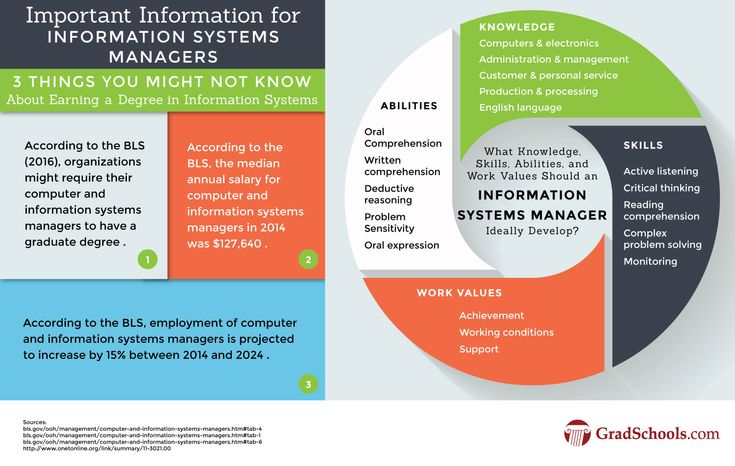 ” Don’t assume your partner, friend, or family member knows what you need. Even if they do know it already, it’s fine to remind them of what you need from them and how they can support you. Speaking up gives you a sense of empowerment. You can’t control other people, but you can choose who you spend time with and what you do with your time, so speak up for yourself and inform others.
” Don’t assume your partner, friend, or family member knows what you need. Even if they do know it already, it’s fine to remind them of what you need from them and how they can support you. Speaking up gives you a sense of empowerment. You can’t control other people, but you can choose who you spend time with and what you do with your time, so speak up for yourself and inform others.
This doesn’t mean you shouldn’t care about others or never think about their needs. But when they see how you effectively communicate your needs, it gives them permission to do the same in a respectful way, so then you can both effectively and lovingly care for yourselves and each other.
HOW THERAPY CAN HELP YOU SET AND MAINTAIN HEALTHY BOUNDARIES
We all need to identify and set boundaries for both physical and emotional wellbeing. When we set emotional boundaries, it helps us learn that other people’s moods, behaviors, etc. may have dictated your own decisions, needs, emotions, etc. and that takes away your ability to have your own needs met and your own control of your life and self.
and that takes away your ability to have your own needs met and your own control of your life and self.
Boundaries help maintain and improve relationships. It will be uncomfortable, awkward, or even feel weird when you set them for the first time, but that doesn’t mean it’s bad. Just different and unknown. Give it time, give yourself time, give others time to adjust, but keep communicating. Something to ask yourself now, and as you move forward: how are you overstepping your own boundaries? By not speaking up about your needs, you’re overstepping your boundaries.
STEPS FOR CREATING HEALTHY BOUNDARIES
- Identify your values and priorities. Values are characteristics you hold true, such as health, connection with others, loyalty, etc. Priorities are things you make time for that align with and support your values. For example, if health is a value, a priority is making time for exercise. If you value connection, make time for the people you want to connect with.

- Define your boundaries that reflect your values and priorities. What do you need to stick to your values and priorities? Alone time? Time with specific people? Time to go to the gym? Alone time to read? Are there things you currently do that don’t support your values? What are some common things that bring up anxiety in your relationship? What boundaries would help minimize your anxiety and allow you to make time for your priorities?
- Express your values and boundaries. If you keep your values to yourself, others may not understand why you’re setting boundaries and saying “no” to them if they ask you for something or your time. Express how your boundaries support your values. For example if you say, “I need you to stop going over to your friend’s house every night,” it doesn’t explain why you need this behavioral pattern to change. It just says what you want them to do, which doesn’t help the other person understand why you’re asking. So state your needs first: “I value our relationship and the time we make for each other.
 You and our relationship are a priority to me, so I’d like to dedicate more time to it. Can you schedule more time for me and us?” That leads with your needs, then you can discuss how you both can make that change happen.
You and our relationship are a priority to me, so I’d like to dedicate more time to it. Can you schedule more time for me and us?” That leads with your needs, then you can discuss how you both can make that change happen. - Be consistent and stick to your boundaries. Even when there’s pushback (expect pushback), keep communicating why you need to stick to those boundaries, and how the other person can support you with your values and goals. Remember that you don’t have to say “yes” to everyone and everything that is asked of you, because then your values are being ignored. It’s OK to draw a line and make time for yourself and what you value.
- Spend time with people who accept and nourish your values and respect your boundaries. You have the ability to choose these things – who you spend time with and what you do with your life, and these should support your values and needs. If people get mad at you for doing the right thing, they’ll get over it. And if they don’t get over it, it’s indicative of their unwillingness to support and nourish you.

If you don’t define your values, priorities, and boundaries, you’re letting other people dictate how you spend your time and with whom, which can lead to anxiety due to unmet needs.
MAINTAINING HEALTHY BOUNDARIES
Therapy helps you find those healthy boundaries and create a healthy equal give and take in your relationship. These healthy boundaries minimize resentment and are a balancing act. Setting boundaries in the first place is easier, but as you change, as your relationship changes, and if there’s pushback over time, it can be hard to stick to and enforce those boundaries. Counseling provides the tools you need to effectively communicate with your partner, family member, or friend, and provide the ongoing guidance to make the relationship work. Therapy helps you communicate without anger and resentment, so you can express yourself clearly and assertively with respect towards others and yourself.
If you are finding it difficult to communicate your needs with your loved one(s) and live in the Fort Lauderdale area, I offer individual therapy to adults in order to help you identify your values, set clear boundaries, and prioritize your needs so you can reduce your anxiety and have healthy, lasting relationships.
Contact Dr. Heather Violante & Reduce Your Anxiety
Conflict Avoidance in a Relationship: How to Overcome It
Conflict avoidance is a common concern brought up during couple’s counseling. Avoiding conflict may be easier, but it often isn’t better.
In a committed romantic relationship, there are often challenges and conflicts you and your partner will face. The challenges occur because a relationship consists of two individuals, each with their own goals, motives, and desires that don’t always align with one another.
There are many possible sources of conflict in a relationship. The causes of disagreement may center around:
- intimacy issues
- financial matters
- inequalities
- parenting
- outside relationships with family and friends
- unhealthy habits
- miscommunication
- jealousy
Disagreements can cause significant stress, so it tends to be best to find ways to communicate with one another about the issue instead of letting a problem fester.
How you manage conflict in a relationship can impact family dynamics, happiness levels, and even your physical and mental well-being.
Conflict avoidance, also known as complaint avoidance, is when a person avoids discussing issues with their partner to avoid confrontation or an argument. People may do this as a way to preserve harmony in the relationship.
For example, one person in the relationship may become jealous when another starts spending a lot of their time going out with co-workers instead of coming home after work.
But the person may then think about how well they’ve been getting along and not want to disrupt that by getting into an argument. As a result, they brush it under the rug.
The issue with brushing an issue under the rug is that the problem this couple is facing will likely not go away until it is addressed. And until it is addressed, resentment can build.
Conflict avoidance, therefore, often leads to a larger confrontation down the road.
When you are in a romantic relationship, you likely want to feel comfortable speaking openly and honestly with your partner. When this open dialogue doesn’t occur, relationship satisfaction tends to decrease.
A 2021 study, for instance, analyzed same-sex relationships and how they managed conflict during the COVID-19 pandemic. The study found that people were more conflict avoidant during the pandemic, which led to lower levels of satisfaction in the relationship.
Although the adverse impact of conflict avoidance can be seen across all genders in relationships, its effects can be particularly upsetting for women.
A 2011 research study found that high conflict avoidance in a relationship will likely cause relationship dissatisfaction for women, but not necessarily for men.
How confrontation can help a relationship
Research suggests that when confrontation does occur, couples tend to benefit greatly. But the type of confrontation that’s required to help improve a relationship varies depending on the situation.
A 2018 study revealed that direct confrontation for severe problems is most beneficial for couples in relationships where both partners are able to change.
For more minor problems or instances when both couples aren’t able to change, confrontation involving affection and validation showed to be most effective for resolving conflict.
There are many reasons you may be engaging in conflict avoidant behavior in your relationship. Discovering the source of your fears surrounding confrontation can be a good place to begin overcoming the issue.
Common reasons you may be avoiding conflict in your relationship include:
- fear of the relationship ending
- reluctance for picking a fight
- anxiety around expressing emotions and feelings
- fear of getting into a screaming match or being yelled at
- fear of being dismissed
- fear of experiencing gaslighting
- concern for all unresolved problems coming to the surface
- fear of having your partner be mad at you
- fear of discovering the problem is unsolvable
- fear of being misunderstood
- fear of being rejected
- fear of nothing changing
Sometimes, a little self-reflection can provide significant insight into the core issues in your relationship and even into some of your most fundamental fears in life.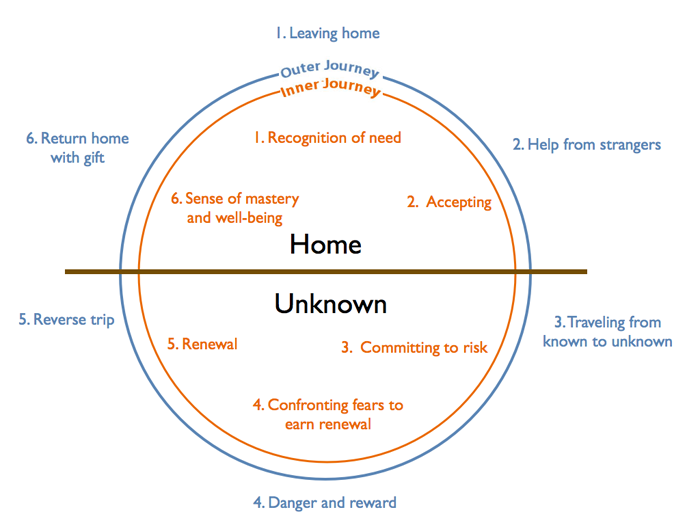
Developing a better understanding of why you are hesitant to bring up an issue within your relationship may help you better express yourself to your partner, leading to more impactful conversations.
It is not uncommon for couples to experience communication issues in some capacity in a relationship. Like most things in life, healthy communication is a skill set that takes time to develop.
As long as you and your partner are committed to bettering the relationship and communicating with one another with respect, there is nearly always a path forward.
Also, the ideal timing and the best language choice for addressing an issue varies from couple to couple and from issue to issue. Nevertheless, there are some best practices to keep in mind when communicating with your partner.
When confronting an issue with a partner, it tends to help to avoid:
- criticizing
- blaming
- yelling
- demanding change
- refusing to negotiate
- guilting
- assuming you know what your partner is thinking
Instead, try to focus on:
- articulating your needs
- providing actionable solutions
- remaining open to compromise
- identifying the root of the problem and how it has affected you
What this can look like
Say the issue you want to address with your partner is that you fear they would rather spend time with their co-workers than with you.
Instead of yelling at your partner that they don’t love you any more or that they are a bad person for not spending more time with you, focus on how you are feeling.
You could express that you miss your partner and that it would mean a lot to you to begin spending more time together.
Perhaps you could suggest marking off a day each week where the two of you engage in quality time together. You could even ask if your partner would consider inviting you to the events they are going to.
Or maybe you begin by expressing why you haven’t mentioned your sadness over spending less time together. You could say you fear coming off as needy or high-maintenance (or whatever your fear might be), but that you still hope the two of you can work together to ensure both people are having their needs met in the relationship.
The point is you focus on potential solutions and your own personal experience instead of attacking your partner or making assumptions about them before they have been allowed to express their side of the story.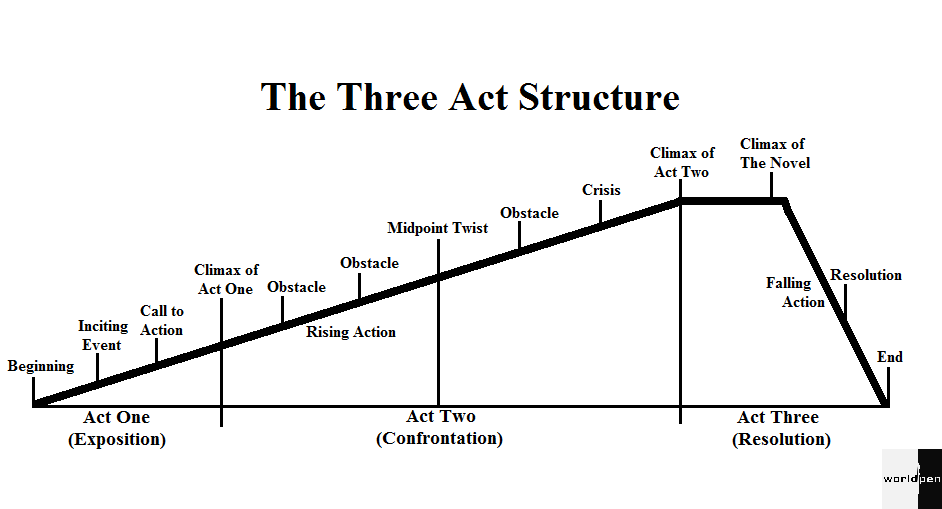
These small differences in communication can make all the difference in developing a healthy and sustainable relationship.
Confronting an issue in a relationship can feel scary. Perhaps you have fears over how your partner will react if you bring up an issue, or maybe you have anxiety over feeling vulnerable in front of someone else.
Regardless of the reason, it can help to identify the root of your fears first so you can have more honest conversations with your partner.
If you aren’t sure where to begin, seeing a mental health counselor or a couples counselor for support may be best. It’s never too late in life to learn how to develop healthier communication skills and address conflict.
How to cope with the fear of confrontation and learn to defend your opinion
September 14, 2022 Relationship
Change your personal script and say "no" more often.
We've all had this frightening conversation. With a boss, a loved one, a neighbor or a teenage son - you know exactly what kind of conversation we are talking about. You put it off until the last moment, but it couldn't go on like this anymore. As scary as it was, one day the moment came to speak frankly.
You put it off until the last moment, but it couldn't go on like this anymore. As scary as it was, one day the moment came to speak frankly.
We have all experienced the fear of confrontation at least once in our lives. Of course, anxiety before an important and difficult conversation is absolutely natural. However, if it is so strong that every time it prevents you from expressing your opinion, it's time to change something.
How to overcome fear of confrontation
1. Change your personal script
Start by defining the word "confrontation" itself. What meaning do you put into it? Perhaps for you this is a manifestation of aggression, and you treat it like a battle in which there can be only one winner. Or your past experience has taught you that any confrontation should be avoided because it ends in pain, resentment and regret.
In fact, confrontation at its core is just a difference of opinions and ideas, and the expectation of its catastrophic consequences is our own self-fulfilling prophecy. Try to look at it from a positive side. When you change the script in your head, overcoming anxiety will be easier.
Try to look at it from a positive side. When you change the script in your head, overcoming anxiety will be easier.
The fear of confrontation is born in us when we treat it not as a respectful debate, but as an emotional squabble that is sure to get out of control and inevitably end with one win and the other lose. Once you understand that differing opinions don't necessarily lead to ugly swearing, you can be more courageous in explaining your point of view.
So the next time you have to talk to another person or group of people, stop and analyze your understanding of the situation. Make sure you enter into a dialogue without negativity. Mood always affects the outcome of a conversation.
Find out more 👨👩👧👦
- What are family scenarios and is it possible to get out of them
2. Learn to rock the boat with pleasure
After you rethink what confrontation is, allow yourself to enjoy rocking the boat.
The only way to get what you want is to ask and believe that it is necessary. Of course, you cannot control the reactions and actions of another person. However, you also can't get what you don't ask for. As long as you keep doing what you do, you will keep getting what you got.
Of course, you cannot control the reactions and actions of another person. However, you also can't get what you don't ask for. As long as you keep doing what you do, you will keep getting what you got.
Try to approach the confrontation with more lightheartedness and humor. Laughter lifts your spirits, relieves stress and helps you connect with others, which means that the conversation will definitely work out.
3. Get rid of the desire to please everyone
The fear of confrontation is usually associated with the person himself, and not with other people. If you are guided by an inner desire to always please others, you will avoid conflicts. As a rule, such an attitude comes from childhood, when you want to please everyone around you in order to earn approval.
Moreover, if we grow up in a neglectful and overly critical environment, it is difficult for us to defend our position. We learn that it is much safer to remain silent and keep a low profile. But it was like that in childhood, and we have long been adults and conscious people. It's time to cheer up your inner child and tell him that his opinions and thoughts matter.
It's time to cheer up your inner child and tell him that his opinions and thoughts matter.
Try deliberately disappointing others. Sounds a little crazy, but it works. Start with situations where the stakes are not too high, such as answering a resounding "no" to a request for a small favor, even if you can provide it.
The ability to say “no” in general can change life for the better. This simple word helps to set personal boundaries and thus take care of yourself. The more often you meet respect for your views and desires when you say “no”, the easier it will be for you to express your opinion.
Let's say your loved one asked you to go to the store on your way home and buy his favorite sweets. It's easy for you to do this. But instead of "yes," say, "Sorry, I can't." Don't explain why unless you want to lie and make up a reason.
At first, the very idea that you won't please someone may scare you. But with practice, you will gain inner strength, realize that other people accept your answers, begin to take confrontation much more calmly, and find the courage to speak your mind.
Take note 🙅♂️🙅♀️
- How to stop pleasing others: 5 steps to independence
Things to keep in mind during a confrontation
Asking the right questions
When asking about something, be inquisitive rather than blaming your opponent. Try not only to listen, but also to hear the other person. Look at the situation from his point of view. You may notice that you accidentally missed something important.
Do not divide everything into black and white
Keep in mind that your opponent, just like you, is trying to understand the opposite point of view. Be patient, even if he fails. Do not be too categorical: your main task is to understand each other and establish a constructive dialogue.
Find common ground with your opponent
Think of something you agree on or can laugh about together. No matter how we argue with others, we have much more in common than it seems at first glance.
Letting everyone speak
Another method that works well in confrontation is to allow everyone to speak freely without interruption. First, one speaks, and the other listens, and then in his own words tells what he understood from what he heard. If the interpretation is correct, it is his turn to explain his point of view, which is summarized by the opponent.
First, one speaks, and the other listens, and then in his own words tells what he understood from what he heard. If the interpretation is correct, it is his turn to explain his point of view, which is summarized by the opponent.
This technique helps to trace exactly where misunderstandings arise and resolve any misunderstandings before they develop into a serious conflict.
Read also 🧐
- 12 proven ways to speak your mind, even if you are shy
- 5 reasons why it's okay to change your mind
- The paradox of tolerance: why you can't put up with someone else's opinion all the time
Don't be afraid of conflicts | Big Ideas
Don't be afraid of conflict | Big Ideas CommunicationsArticle published in Harvard Business Review Russia Liana Davey Photo: GUNTHER KLEINERT/EYEEM/GETTY IMAGES
Have you noticed that in your company everyone is so fixated on keeping employees happy that management avoids even a hint of conflict. I see situations like this all the time. If in a meeting, at any uncomfortable moment, someone suggests "to discuss this in private," this is a clear sign that your team avoids conflict. This, in turn, forces you to have a series of micro-meetings after each meeting—another hallmark of a culture of avoiding conflict.
I see situations like this all the time. If in a meeting, at any uncomfortable moment, someone suggests "to discuss this in private," this is a clear sign that your team avoids conflict. This, in turn, forces you to have a series of micro-meetings after each meeting—another hallmark of a culture of avoiding conflict.
Other examples of such a culture are: executives watch blankly as their to-do lists balloon because they are afraid to say no; managers come up with complex workarounds to avoid dealing with an ineffective team member; employees accumulate irritation and anger in themselves, not trying to resolve the controversial issue. However, the fact that your team avoids conflicts is not surprising. Today, when everyone is primarily concerned with the well-being of employees, conflicts are perceived as something detrimental to employee engagement.
But this is not really the case. On the contrary, the biggest problems with engagement occur in organizations that reject conflict.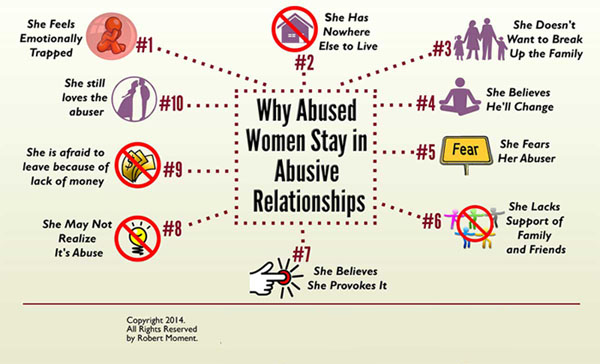 Without conflict, it is impossible to understand what compromises a company can make and set priorities, which means that employees have to perform an overwhelming amount of work. Avoiding conflict means turning a blind eye to poor quality work, which forces other employees to take on additional responsibilities. Avoiding conflict means being afraid to say that you disagree with something or you don’t like something, because of which tension and irritation gradually increase. A healthy atmosphere in the company is impossible without the ability to raise and constructively work through acute issues.
Without conflict, it is impossible to understand what compromises a company can make and set priorities, which means that employees have to perform an overwhelming amount of work. Avoiding conflict means turning a blind eye to poor quality work, which forces other employees to take on additional responsibilities. Avoiding conflict means being afraid to say that you disagree with something or you don’t like something, because of which tension and irritation gradually increase. A healthy atmosphere in the company is impossible without the ability to raise and constructively work through acute issues.
It's not just involvement that suffers from sweeping problems under the rug. Avoiding conflict also affects the performance of the company. In your team, resources are distributed to many projects in such a way that then none of them can get off the ground? Do you work in isolation from each other, losing the opportunity to share ideas and inspire each other to innovate? Are there many controversial points and assumptions in your plans that you cannot discuss because you are afraid of confrontation? Surely, in your work there are examples of how the inability to productively resolve the conflict hinders development.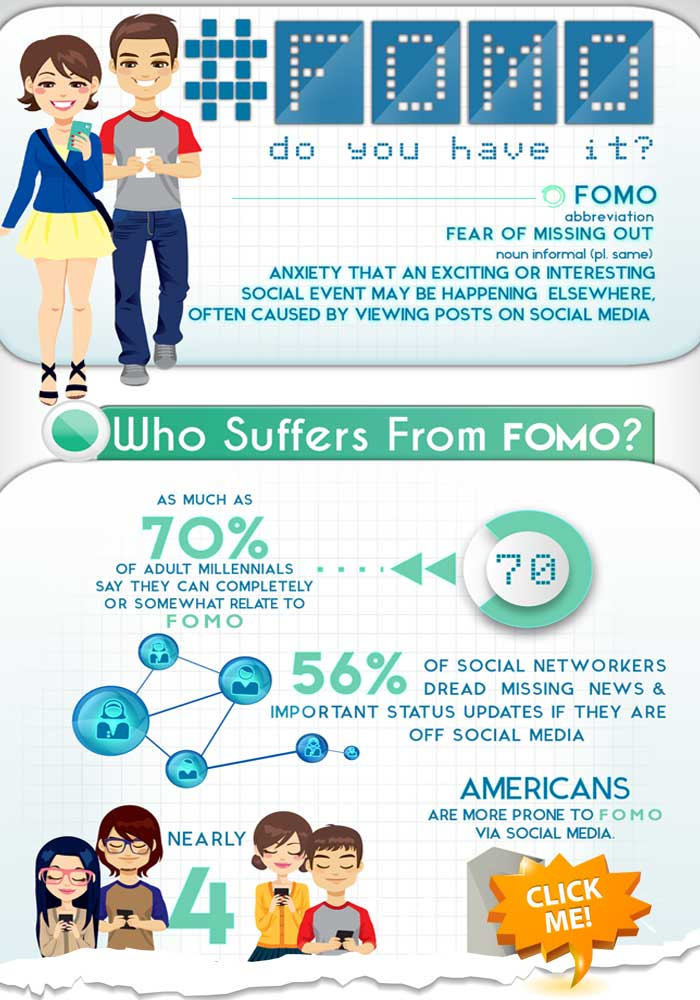
You are not alone in this. Instead of working through conflict situations that cause organizations to stall, we tend to put them off until later. As a result, hundreds of unresolved conflicts hang behind our backs. The sum of all undiscussed and unresolved issues that prevent moving forward is called "conflict debt". Such debt comes in many forms, from unspoken constructive criticism that would enable a colleague to do a better job, to constantly postponing a strategic decision about a production expansion date.
Dealing with conflict debt is necessary but not easy. Chances are your team doesn't have the skills or understanding of how to benefit from conflict. One of the reasons is our biological desire to have good relationships with others. The second reason is that we are taught to be polite from childhood (for sure, your grandmother, like mine, repeated: “If you can’t say anything nice, it’s better not to say anything”). The third reason: any employee is rewarded for good relations with colleagues and looked askance if he "rocks the boat. " I experienced this at the very beginning of my career. Before I had even three months on the job, I was scolded by my boss for openly criticizing a colleague for errors in client reports. Because I pointed out the mistake, my reputation suffered more damage than the reputation of the one who made the mistake. Fear of conflict is a deeply rooted instinct.
" I experienced this at the very beginning of my career. Before I had even three months on the job, I was scolded by my boss for openly criticizing a colleague for errors in client reports. Because I pointed out the mistake, my reputation suffered more damage than the reputation of the one who made the mistake. Fear of conflict is a deeply rooted instinct.
Until now, there have been no effective solutions to this problem. The inability to resolve conflict productively was seen as something of a knowledge gap. Employees were expected to learn from books, articles, and training about what to say in order to constructively resolve conflict. Unfortunately, such knowledge is rarely applied in practice. Conflict aversion is so deeply rooted that new skills are not enough to learn how to raise and resolve uncomfortable issues. Even if we help people to build up the courage to bring the conflict to the surface, they will give up when they realize how many difficult conversations they will have to have.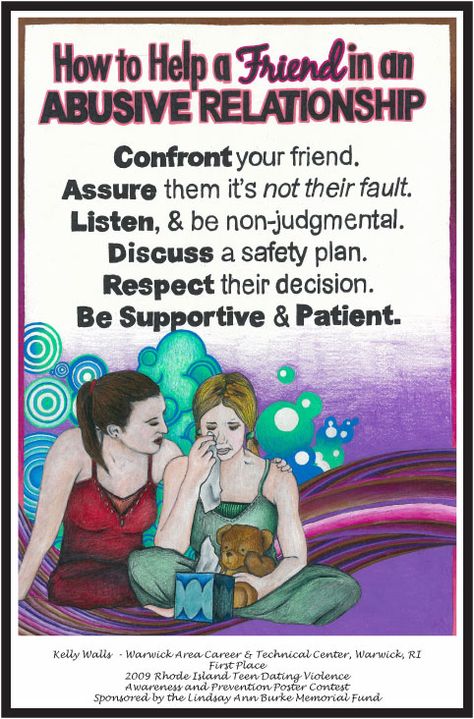 We need to find a comprehensive solution that will change our attitudes and the culture around conflicts. For the last ten years, I have been working on ways to make conflicts and other routine problems less onerous.
We need to find a comprehensive solution that will change our attitudes and the culture around conflicts. For the last ten years, I have been working on ways to make conflicts and other routine problems less onerous.
The most effective was the method associated with language, with the metaphors that we use when describing teamwork. It is time for us to get rid of images according to which teamwork is a harmonious and pleasant cooperation for everyone. My favorite (or rather, the image that makes me want to climb the wall) is an office poster in which the rowing team simultaneously plunges the oars into the serene blue expanse. If you have a poster like this hanging in your meeting room, it's no surprise that you have problems with conflicts. In this way, you convey the idea that everyone in the team should be on the same wavelength and row together.
Let's analyze this image. When the idea is formed in the team that you are all in the same boat and should row in the same direction, any disagreement causes tension: “What kind of idiot disagrees with me?” In a state of tension, people tend to go on the defensive or surrender, and these are very unproductive ways to resolve the conflict.
For conflict to become productive, it must be made clear that disagreements are inevitable in the team. If you can articulate what healthy, productive disagreements should look like, people will stop thinking diversity is bad. You can, for example, try to convey to them that the sales department and the operations department cannot but have conflicts. If these departments do not argue with each other, then one of them is not working at full capacity. The task of the sales department is to select the latest individual solutions for customers, and the operations department is to ensure the stability and efficiency of work. This is a natural source of healthy disagreement. In addition, disagreements are an integral part of the relationship between the research department and marketers, office workers and those who work in the field, and so on.
To help resolve conflicts in a team productively, draw up a chart that outlines the functions of each team member and shows expected disagreements.

